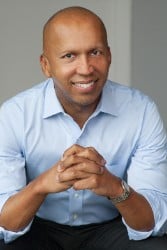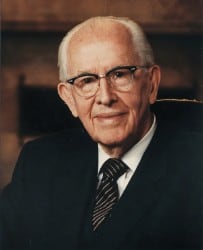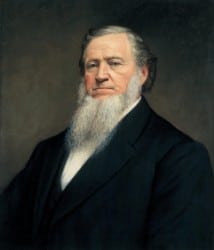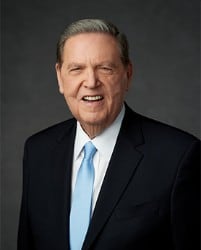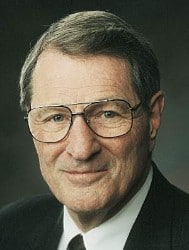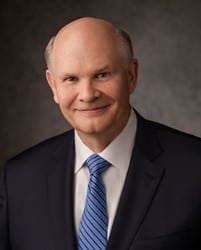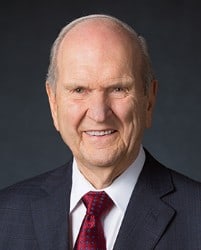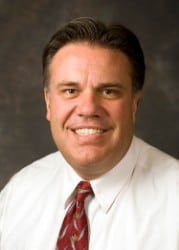
The miracle of the Atonement is not just that we can go home but that—miraculously—we can feel at home there. If Heavenly Father and His Son did not require faith and repentance, then there would be no desire to change.
Think of your friends and family members who have chosen to live without faith and without repentance. They don’t want to change. They are not trying to abandon sin and become comfortable with God. Rather, they are trying to abandon God and become comfortable with sin.
If the Father and the Son did not require covenants and bestow the gift of the Holy Ghost, then there would be no way to change. We would be left forever with only willpower, with no access to His power. If Heavenly Father and His Son did not require endurance to the end, then there would be no internalization of those changes over time. They would forever be surface and cosmetic rather than sinking inside us and becoming part of us—part of who we are. Put simply, if Jesus didn’t require practice, then we would never become Saints.
